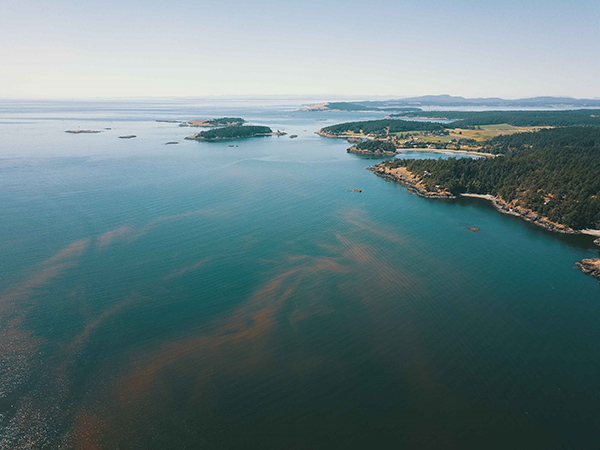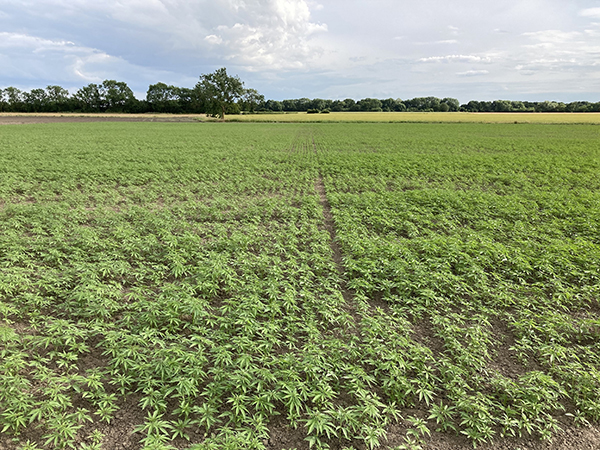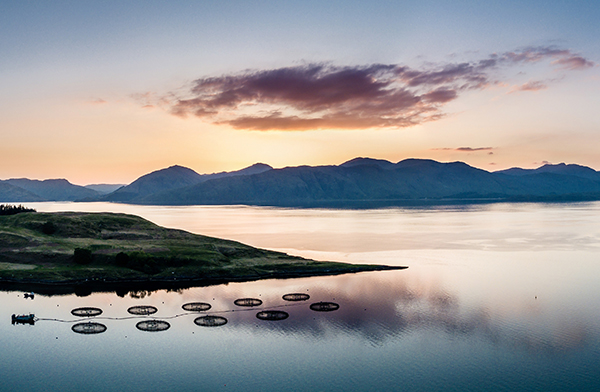SAIC awards R&D support to seven innovation projects focused on fish health and welfare

In a bid to bolster research efforts aimed at enhancing fish health and welfare, the Sustainable Aquaculture Innovation Centre (SAIC) has unveiled seven research projects set to receive substantial funding in 2024.
The successful initiatives, valued at £860,000 (U.S. $1 million), have garnered more than £300,000 (U.S. $376,585) from SAIC, supplemented by additional support from commercial partners. Research will kick off in early January, or before, with each group targeting a summer completion date.
Included among the successful initiatives are projects focused on gill health in Atlantic salmon, parasite management, cleaner fish health and welfare and managing or preventing disease through immunization and vaccinations. Several projects selected for funding are extensions of previous research supported by SAIC, with teams applying for a funding boost to take concepts to the next stage.
“Continued improvements in finfish health will underpin the sector’s sustainable future, make a big difference to the survivability and wellbeing of fish and help seafood producers to provide a nutritious protein source that will feed generations to come,” Heather Jones, CEO of SAIC.
The innovation centre’s team of experts as well as its Independent Scientific Panel assessed the seven applications, and all were found to match the criteria for its defined priorities around finfish health and welfare.
Novel chemical-free approach could create a circular model for treating aquaculture waste
Earlier this year, SAIC announced it had reached the milestone of 100 funded aquaculture innovation projects, with the combined value of the work to date reaching nearly £71 million (U.S. $89 million) and involving 92 project partners from academia and the sector.
“We are pleased to be supporting further collaboration that could see a range of research concepts translated into a commercial reality,” said Jones. “Scotland has a great deal of expertise and experience in aquaculture and in connecting those with our world-class research institutions, we can make positive changes to ways of working across the sector that can pave the way for a more environmentally friendly and economically impactful future for finfish farming.”
Now that you've reached the end of the article ...
… please consider supporting GSA’s mission to advance responsible seafood practices through education, advocacy and third-party assurances. The Advocate aims to document the evolution of responsible seafood practices and share the expansive knowledge of our vast network of contributors.
By becoming a Global Seafood Alliance member, you’re ensuring that all of the pre-competitive work we do through member benefits, resources and events can continue. Individual membership costs just $50 a year.
Not a GSA member? Join us.
Author
Related Posts

Health & Welfare
Grant to fund training for tackling harmful algal blooms
A new training program is being developed to help UK seafood producers detect and report harmful algal blooms in open coastal waters.

Aquafeeds
Hemp seeds trialed as a feed ingredient for Scottish salmon
Rare Earth Global is exploring how hemp seeds could be integrated into the diets of farmed salmon in Scotland.

Intelligence
Aquaculture research projects receive $1.3 million to explore imaging technology and AI
Three aquaculture research projects have received a combined $1.3 million to explore imaging technology and artificial intelligence (AI).

Intelligence
Can technology protect salmon farms from harmful algal blooms?
Salmon farms are vulnerable to the impacts of harmful algal blooms. Scotland's aquaculture industry is embracing technology as a solution.



